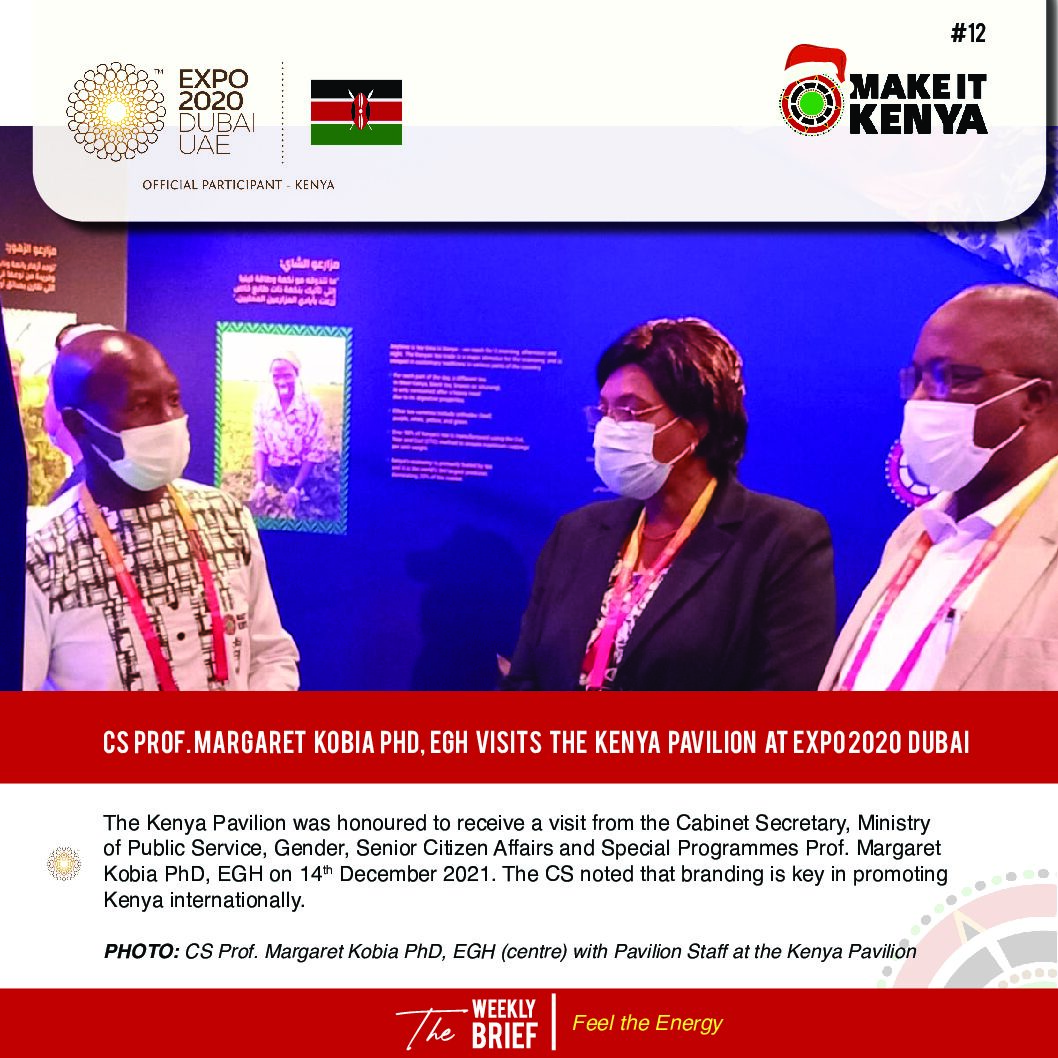NAIROBI, Kenya, Dec 9 – The Ministry of Public Service, Gender, Senior Citizens and Special Programmes has affirmed the integrity of its cash transfer data bank saying the list had been scrutinized by the National Drought Management Authority (NDMA).
Cabinet Secretary Margaret Kobia said NDMA validated the list after ensuring their were no ghost beneficiaries.
“When we designed the program we ensured they are no ghost people we involved all stakeholders for data and further validated the data through the NDMA to ensure those registered are the genuine people,” she said Thursday.
Kobia stated that the cash transfer initiative was best suited to reach the vulnerable people in the 23 counties categorized as having been adversely affected by the biting drought in the country.
“Cash transfers have proven as the most effective way to reach vulnerable persons in times of emergency. Previously when we were giving food to collect at the Chief’s camp its only those who could walk the distance could access the humanitarian assistance,” said Kobia.
Over 360,000 households received Sh3,000 in the emergency relief cash transfer program for drought affected counties on Thursday.
The disbursed amount totaled Sh1.08 billion out of the Sh1.2 billion allocated for the program.
Some 696 households did not however did not receive the monthly stipends due to incomplete records including mobile wallets.
Kobia assured that the government has tightened all loose ends to ensure that the cash transfer program is not riddled with corruption.
The Cabinet Secretary revealed they have engaged county steering groups, non-governmental organization as well as the community to ensure they are no information gaps in the program.
The criteria for identifying the beneficiaries included households with elderly persons, sick or disabled persons, malnourished children, single parent or child-headed households which were not receiving any other form of assistance from other organizations.
Members of the Pastoralists Parliamentary Group Caucus (PPGC) who attended the launch led by Eldas lawmaker Adan Keynan welcomed the move but called for sustainable solutions to solve the perennial drought crisis.
“Food relief program have been marred with corruption and bureaucracies. We appeal to the government to invest in long term project that will solve these challenges,” said Keynan.
The Eldas legislator warned that tight measures need to be in place to curtail corruption from hijacking the cash relief for the vulnerable.
“The usual tenderprenuers should not get in between this project. We urge you (Kobia) to put you foot down don’t allow them to sabotage this critical. I know those who have engaged in these projects and have minted millions at the expense of the poor,” said Keynan.
In October, eight counties in the 23 Arid and Semi-Arid Land (ASAL) counties were classified in the drought alarm phase. The number was scaled down to ten counties in November.
They included Garissa, Isiolo, Kilifi, Kitui, Lamu, Mandera, Marsabit, Tana River, Turkana and Wajir.
Thirteen counties were listed in alert phase with the situation expected to escalate should rains fail.
By Fred Azelwa.
